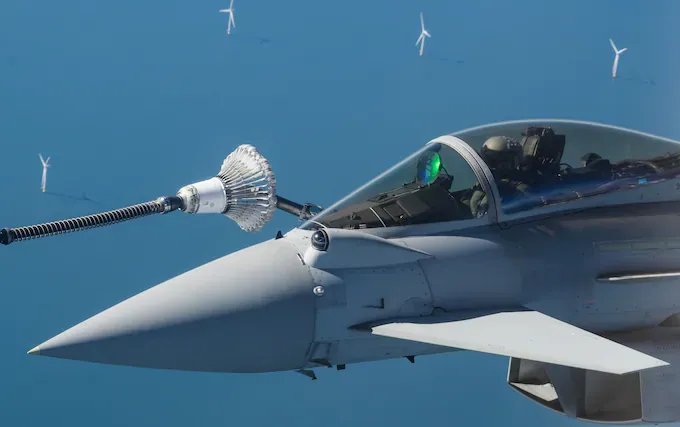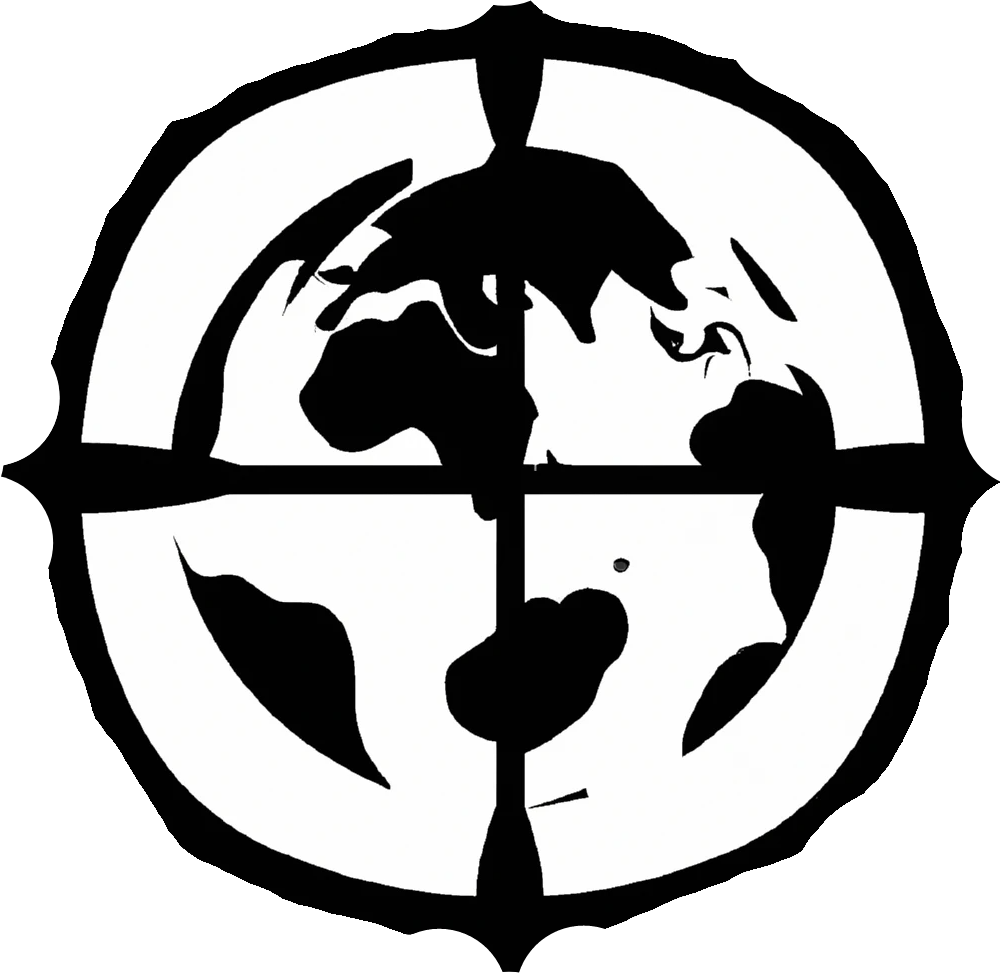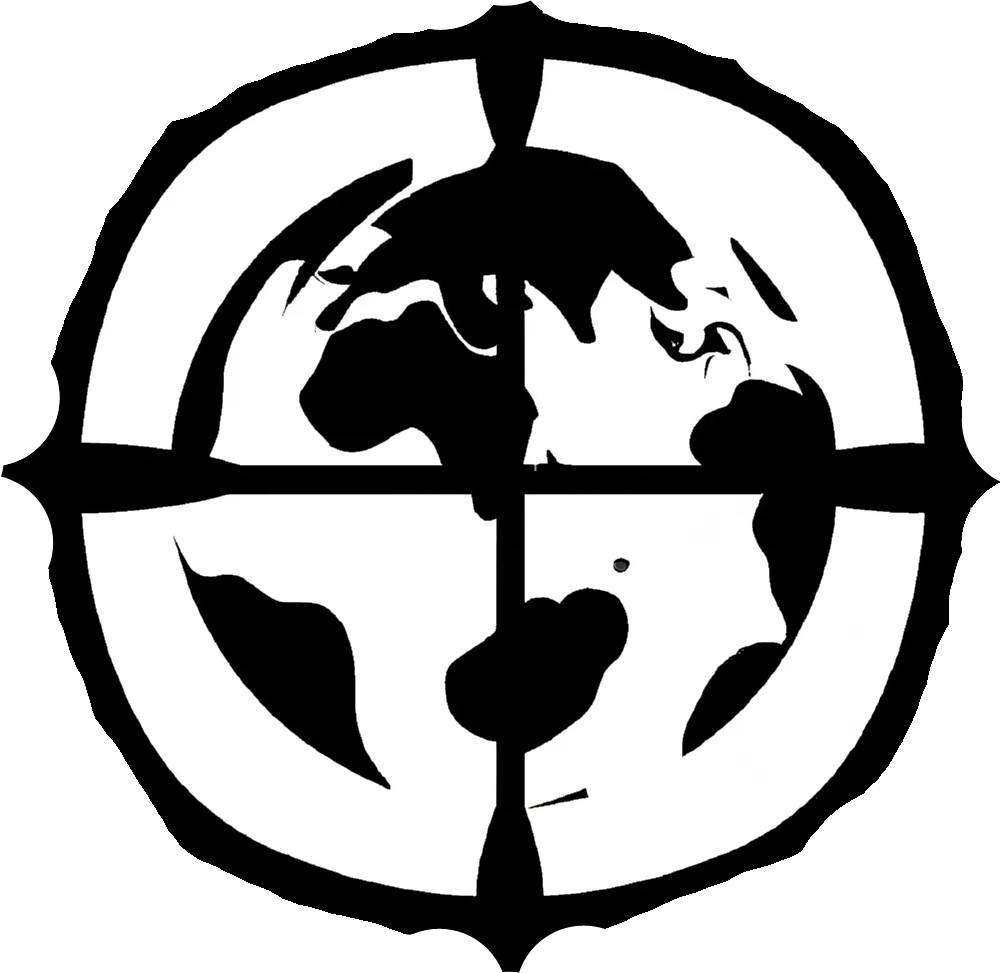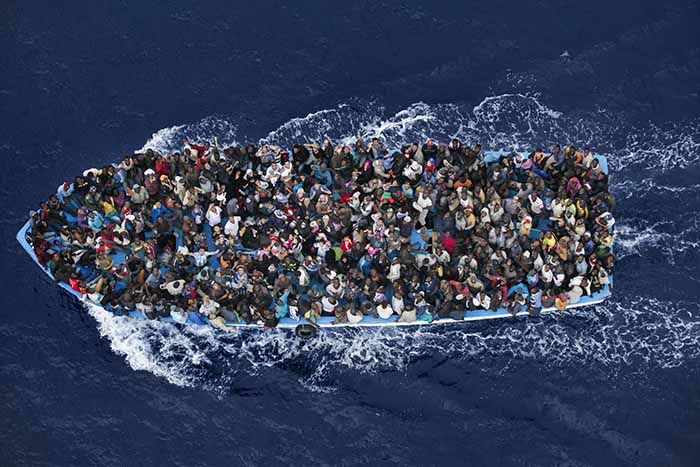High-Stakes Skies: RAF and German Air Force Intercept Russian Fighter Jet and Spy Plane Near NATO Airspace
In a dramatic interception, RAF and German fighter jets intercept a Russian intelligence plane and fighter jets near NATO airspace. Tensions remain high

The Royal Air Force (RAF) and the German Air Force intercepted three Russian planes, including a spy plane and two fighter jets, in NATO territory over the Gulf of Finland and the Baltic Sea on April 17, 2023. This was the first combined mission between the two NATO members.
After the Russian aircraft failed to communicate with Estonian air traffic control near the NATO nation's airspace, the RAF and German fighter jets, Eurofighter Typhoons, were scrambled. The Russian aircraft was recognised as an Il-20 Coot-A intelligence plane flying from mainland Russia to the Kaliningrad enclave near Poland by the two Typhoons. The enclave is a high-tension zone that has caused NATO countries anxiety.
Following the incident, the UK Ministry of Defence issued a statement saying,
This was a routine NATO mission in international airspace to deter Russian aggression and assure NATO allies of the UK's commitment to collective defence
According to the statement, such flights were carried out on a regular basis, and the RAF would continue to work closely with NATO allies to monitor and deter any hostile activities.
The incident occurred just days after an RAF intelligence plane was involved in a "near-shoot down" with Russian fighter jets. The specifics of this occurrence remain unknown and it is unclear whether the two incidents are connected.

This is not the first occurrence of this type, and tensions between Russia and NATO have been high in recent years. NATO intercepted more than 200 Russian aircraft in 2022, up from 180 in 2021. These instances are frequently interpreted as a show of strength and an opportunity for NATO to express its willingness to defend its members against potential Russian aggression.
Ukraine's crisis has also heightened tensions between Russia and NATO. The crisis in Ukraine has been ongoing since 2014, and Russia's annexation of Crimea that year has been a subject of contention ever since. Fighting has increased in eastern Ukraine in recent months, with both sides accusing each other of violating ceasefires.
Recent interceptions of Russian aircraft near NATO airspace by the RAF and German Air Force have sparked fears of future conflicts. Russia's conduct of such flights near NATO airspace shows that it is testing the alliance's readiness and response capabilities.
These occurrences also underline the need of NATO nations having strong ties and good communication channels. As tensions with Russia remain high, NATO member countries must act together to deter any possible threats.
Furthermore, these types of interceptions are anticipated to grow more widespread in the future. The international political environment is continuously altering, and as a result, countries will continue to push their rivals' limits. Countries must be watchful and prepared to deal with any potential threats.
Former British Defence Secretary Michael Fallon stated in an interview with The Sun that
"we cannot allow Russian military aircraft to fly unescorted and unchallenged around our airspace, putting our security at risk."
As tensions between Russia and the West continue to rise, more occurrences of this sort are anticipated. NATO countries must remain vigilant and collaborate to deter any potential threats. We can only ensure the safety and security of our airspace via effective cooperation and communication.




